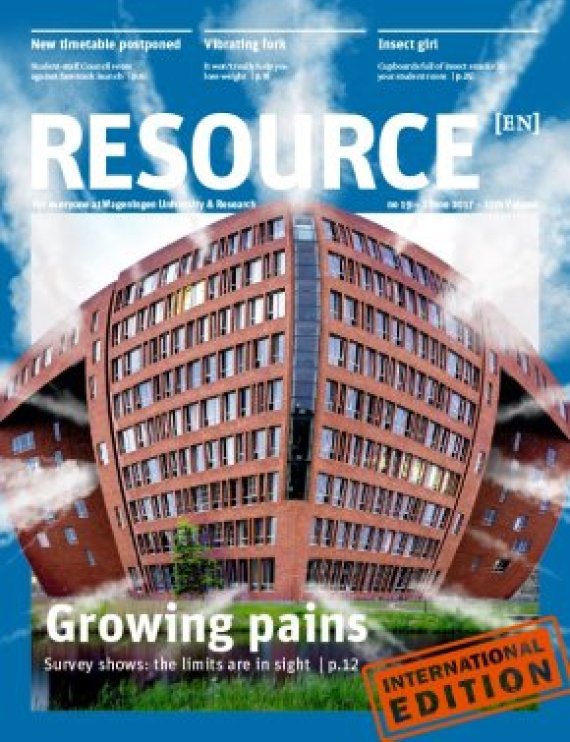© Illustration Pascal Tieman, infographics Paul Gerlach
The editors sent a questionnaire to full professors and programme coordinators in all 86 chair groups. The survey consisted of a combination of statements and open questions about growth, its consequences for teachers, and the standard of the education offered. The results make clear that the growth in student numbers is putting almost all the chair groups under pressure. As an example, 90 percent of the respondents feel that the workload of permanent staff is increasing because of the growth, and three quarters spend extra time solving ‘growth problems’. LuxuryGroups are getting bigger and bigger, and lectures and practicals too. This is making the education more impersonal for students, think half the professors and 70 percent of the programme coordinators. Chair groups are reaching for various means of coping with the pressure. Colleagues, PhD candidates and student assistants are being brought in to help. If funding allows, additional staff are being appointed, but that is a luxury not all chair groups can afford.
Most teachers are adapting their teaching methods to make their job doable. Instruction is taking place via films, practicals are being overhauled, shortened or simplified. Excursions are sometimes cancelled because the group is too big. To keep grading within bounds, fewer writing assignments are being required of students. Multiple choice questions are replacing open questions and students are peer-reviewing each other’s work in ‘thesis circles’.
Limits
Only a small minority, however (11 percent of the professors and 28 percent of the programme coordinators) feel that the quality of the education has suffered from the growth. They think that is because of the tremendous efforts and commitment of the teachers, who often spend far more of their own time on their teaching work than they really should. Their research work suffers as a result. In their explanatory comments, numerous respondents say the limits have been reached.
The educational innovations that have been introduced are not always seen as positive, either. Growth has forced people into innovations which would not otherwise have been introduced, or only at a much later stage.
The Questionnaire
Full professors and programme coordinators were asked to respond on 22 statements, clustered in the topics workload, planing and growth. Below you will find the results. Apart from the statements the respondents were asked to reflect on four open questions. Part of their answers is used in the article Growing pains at WUR.























